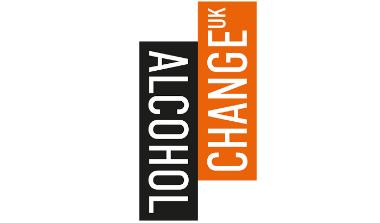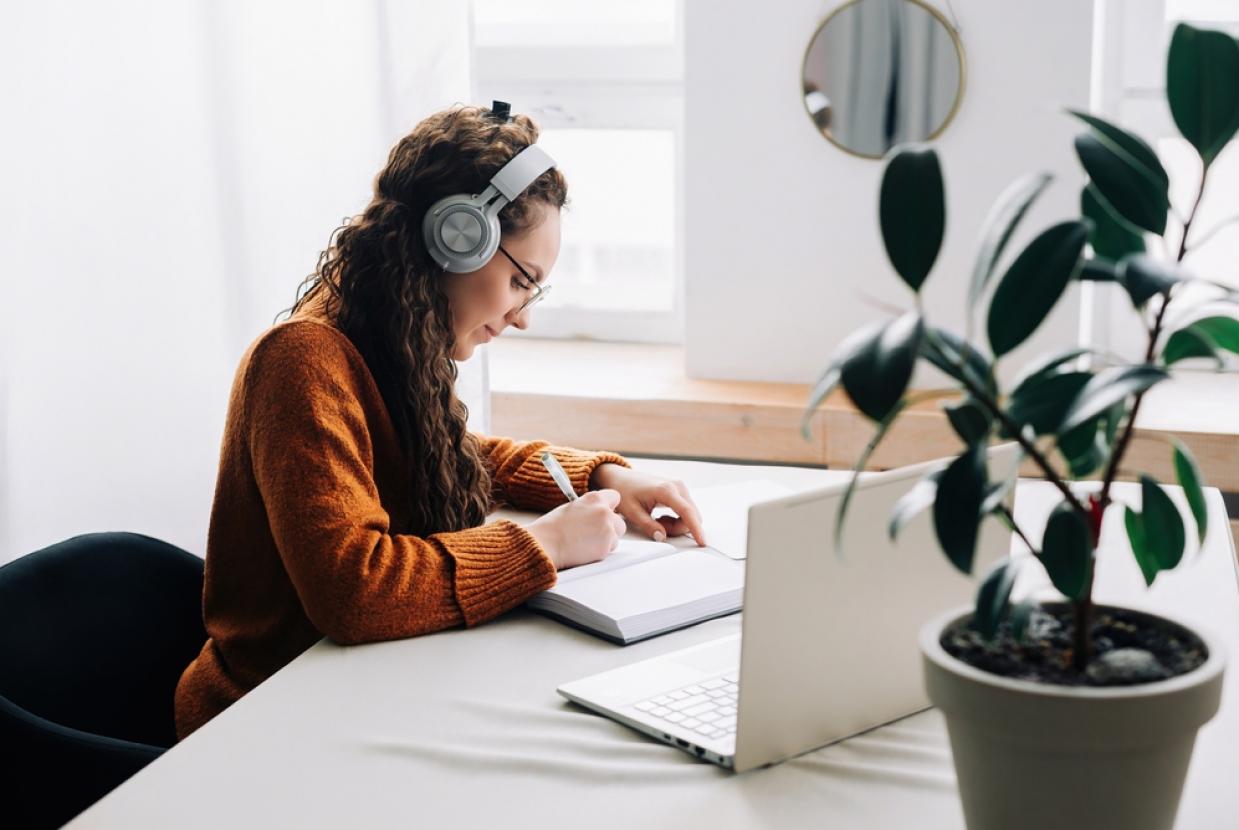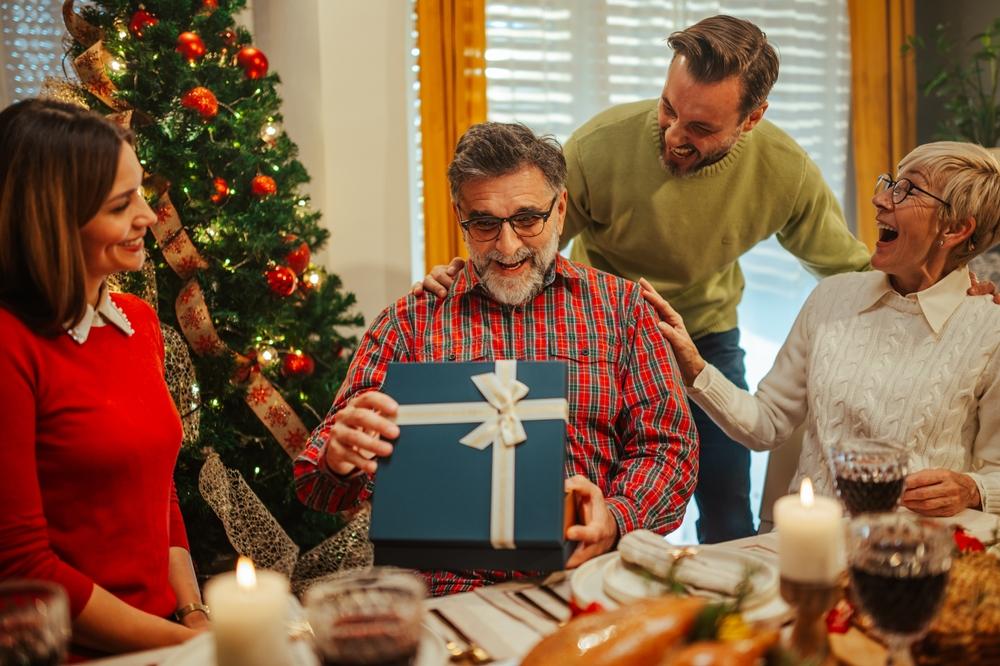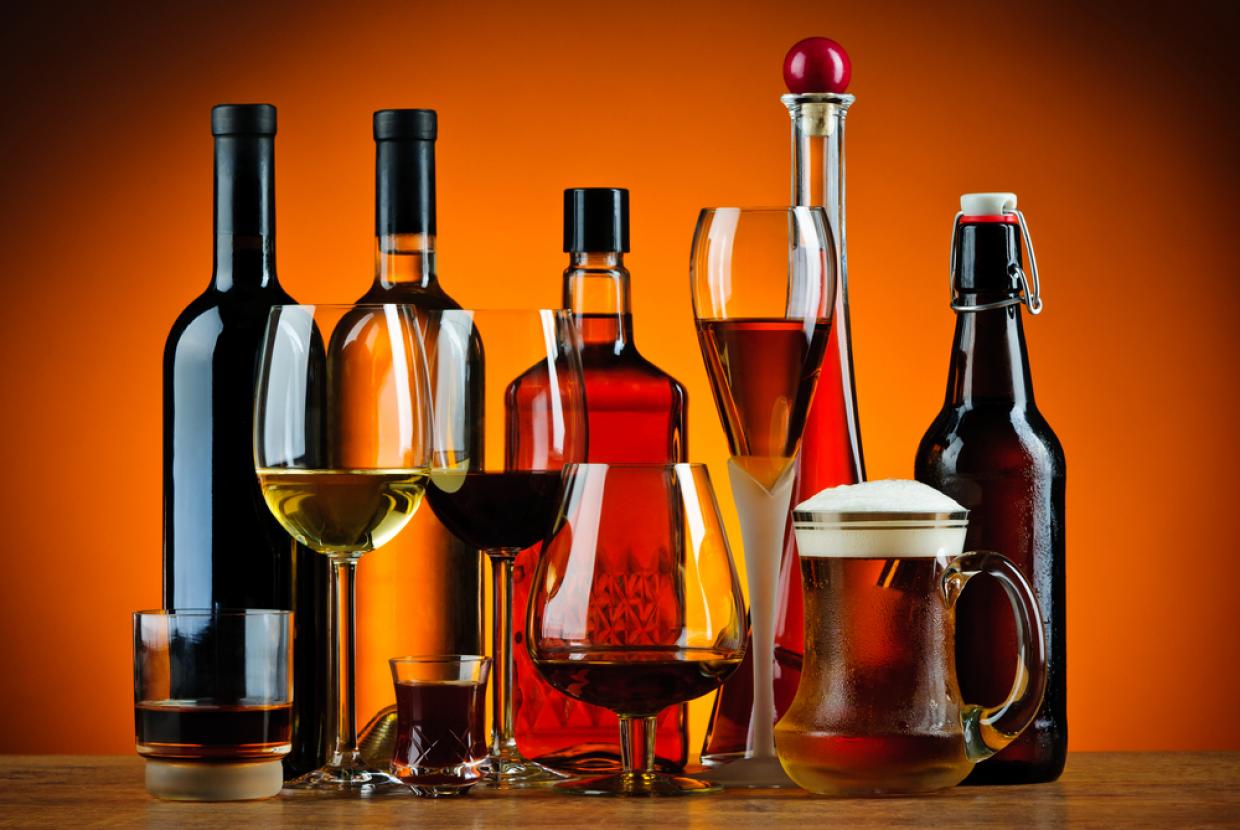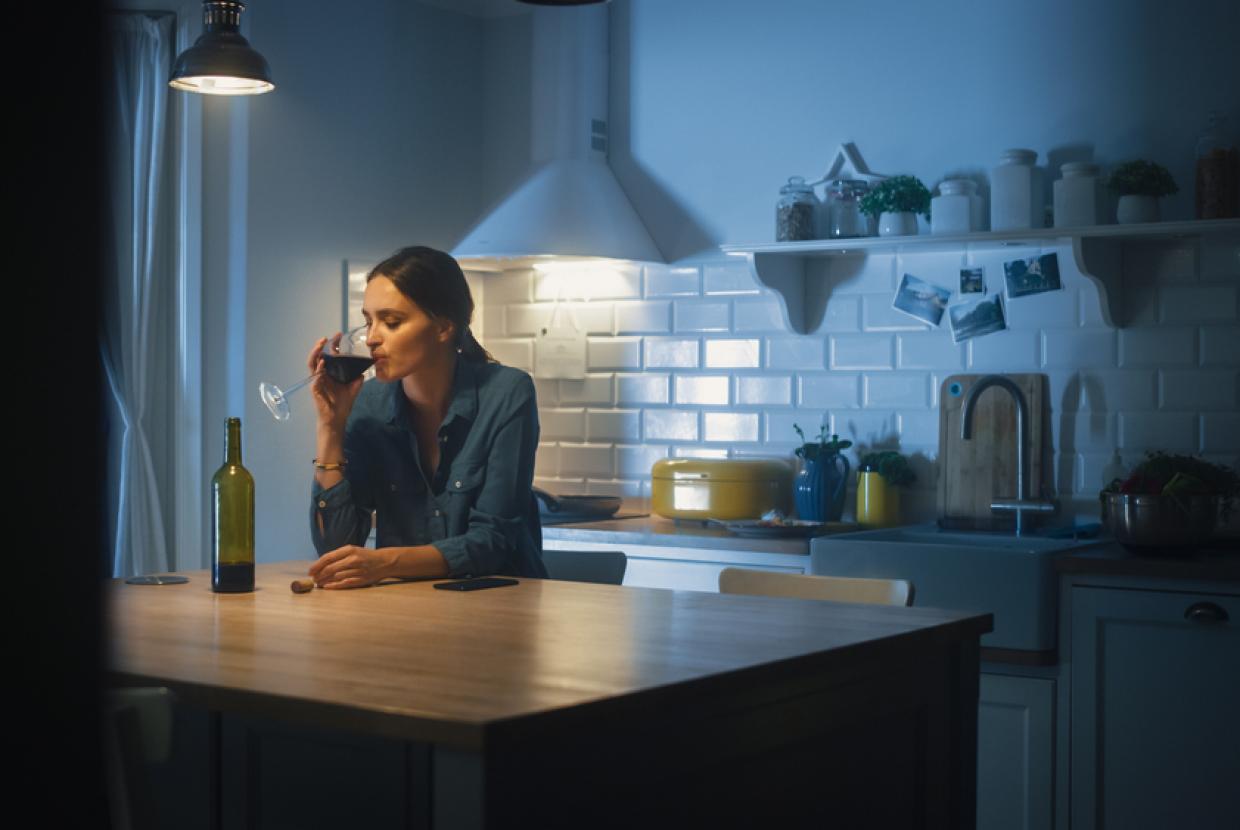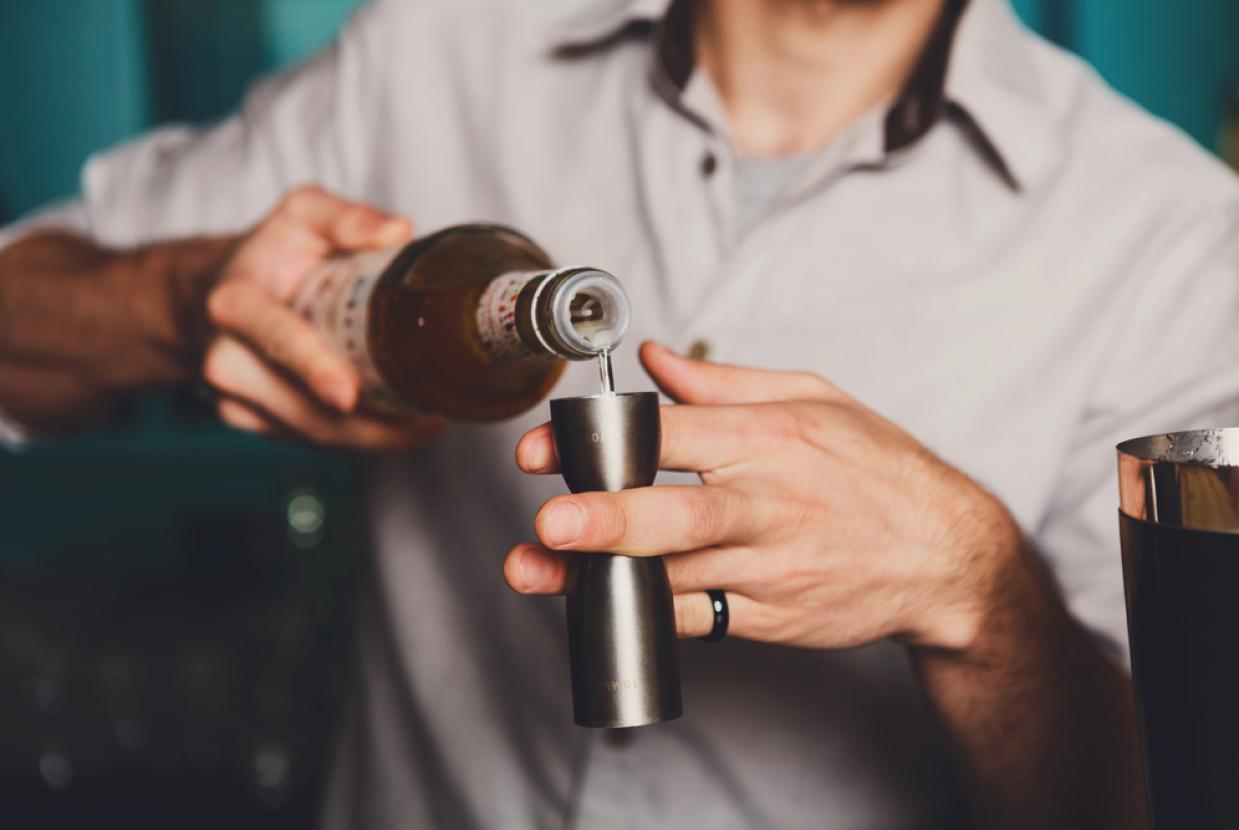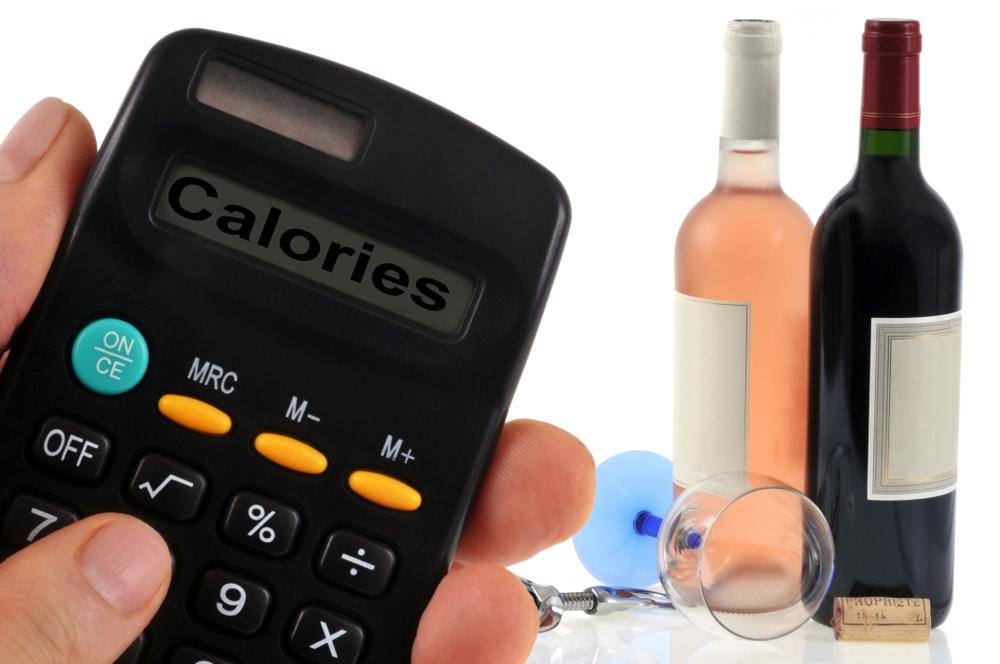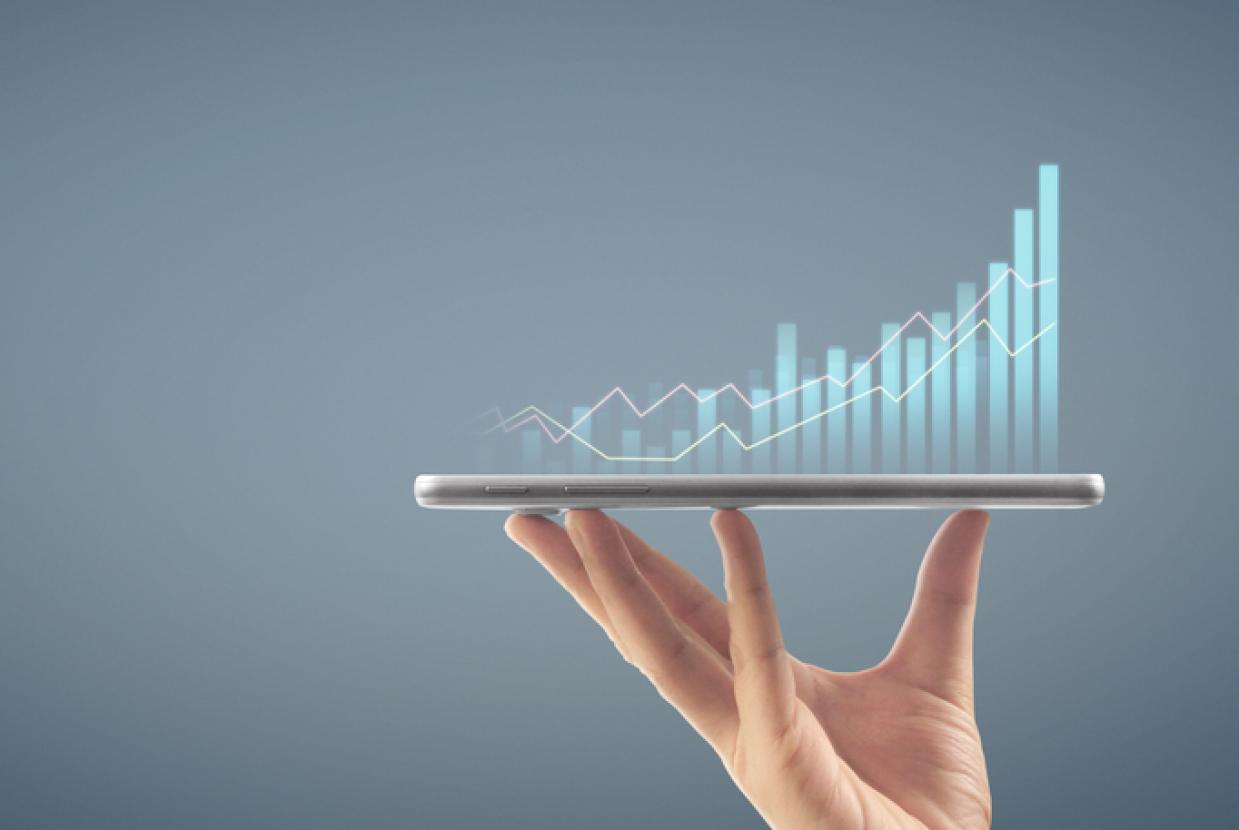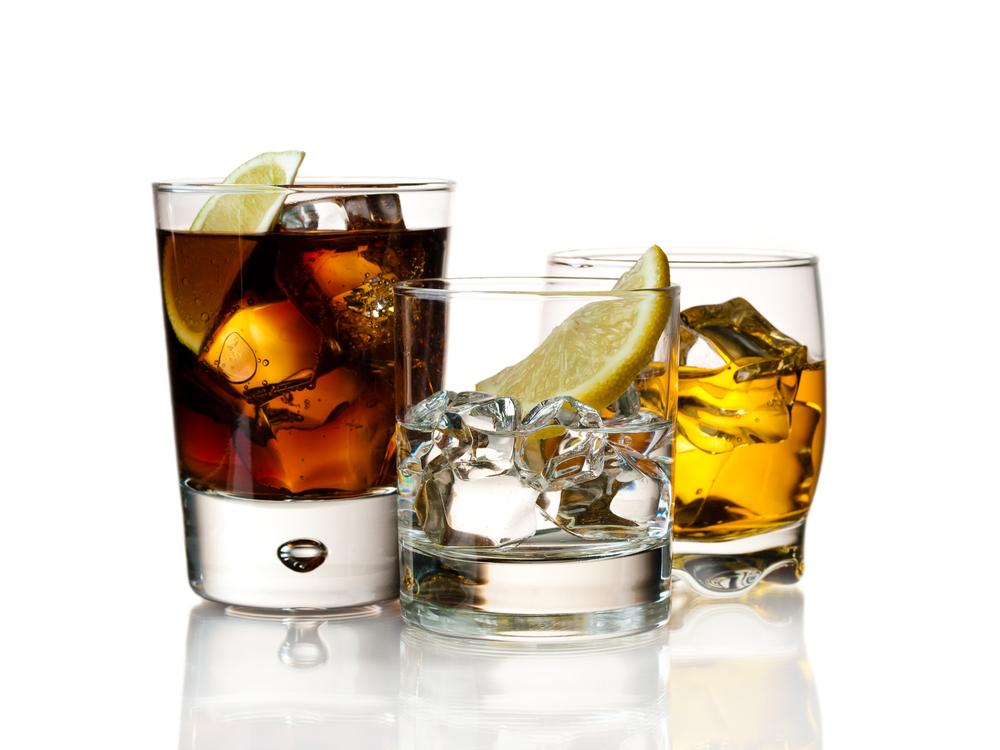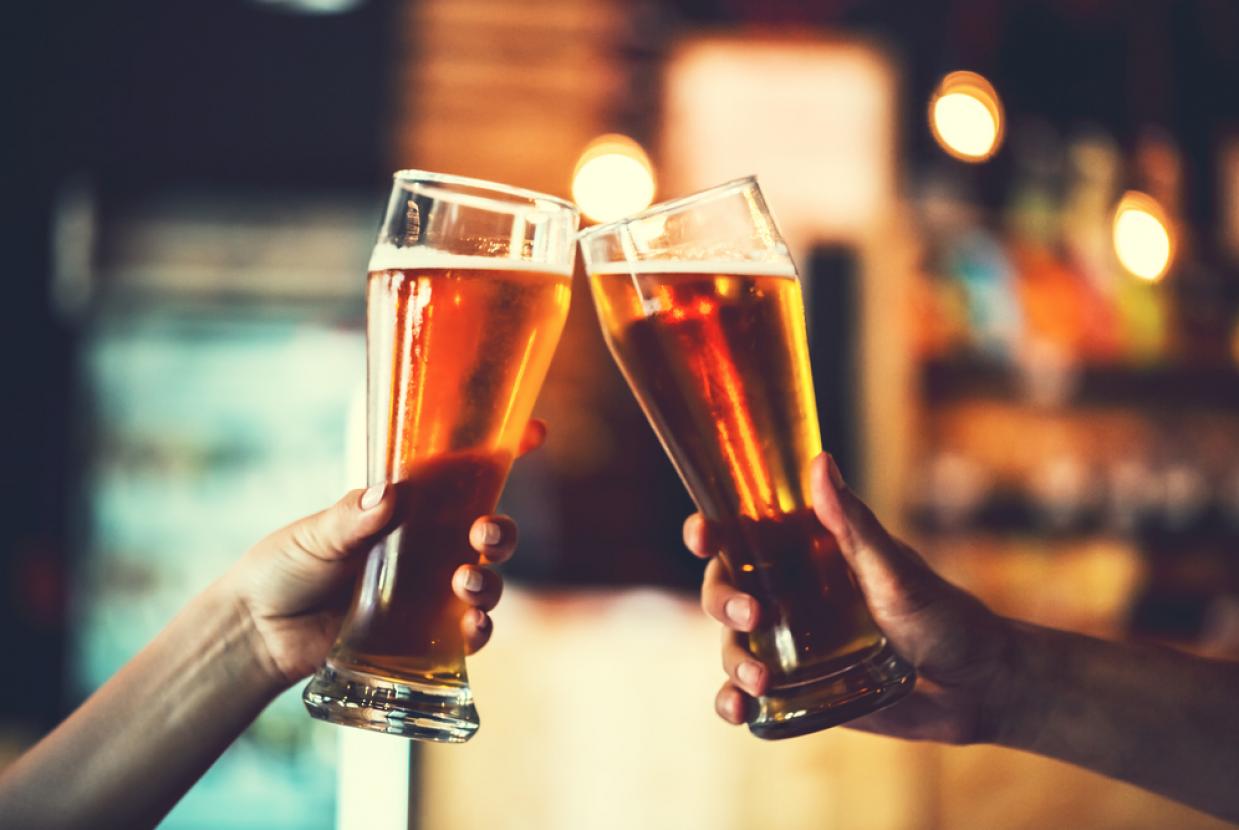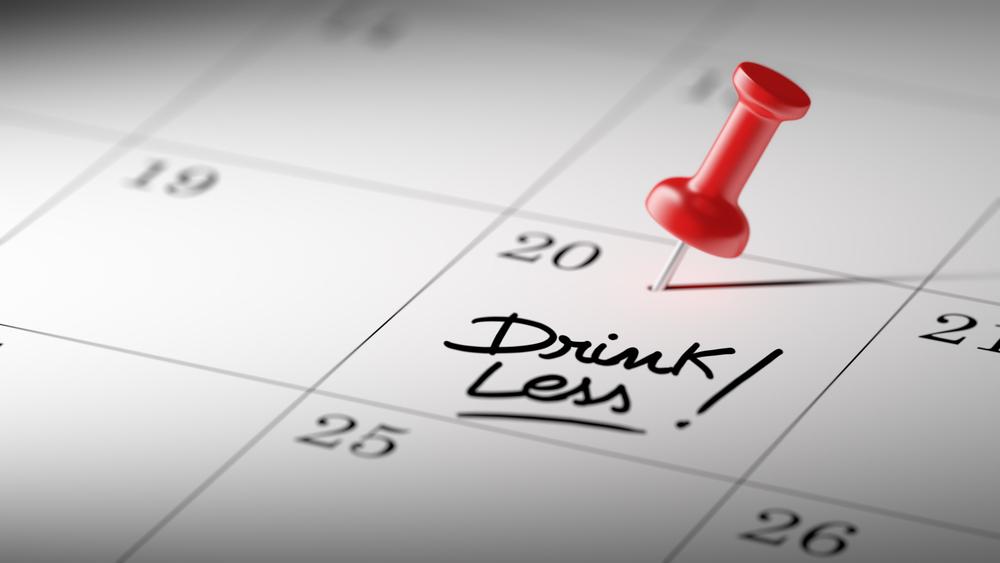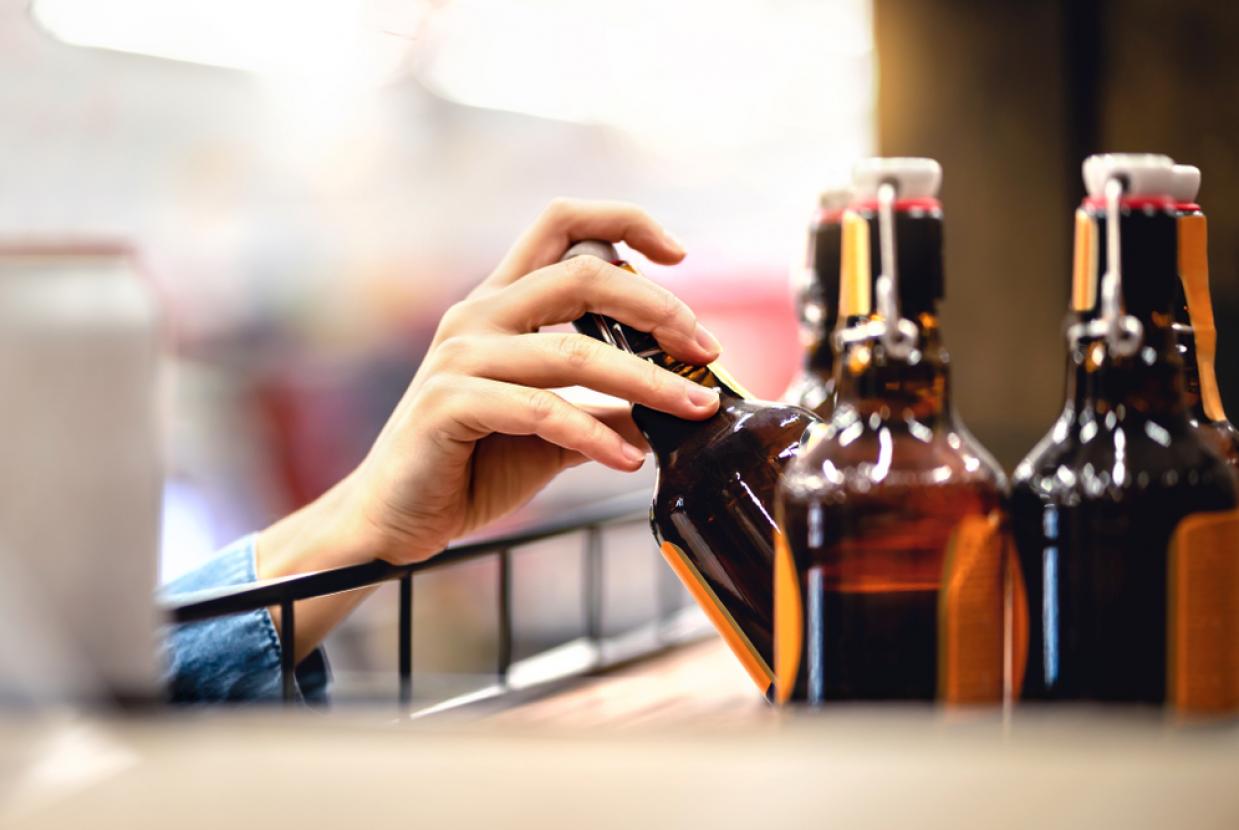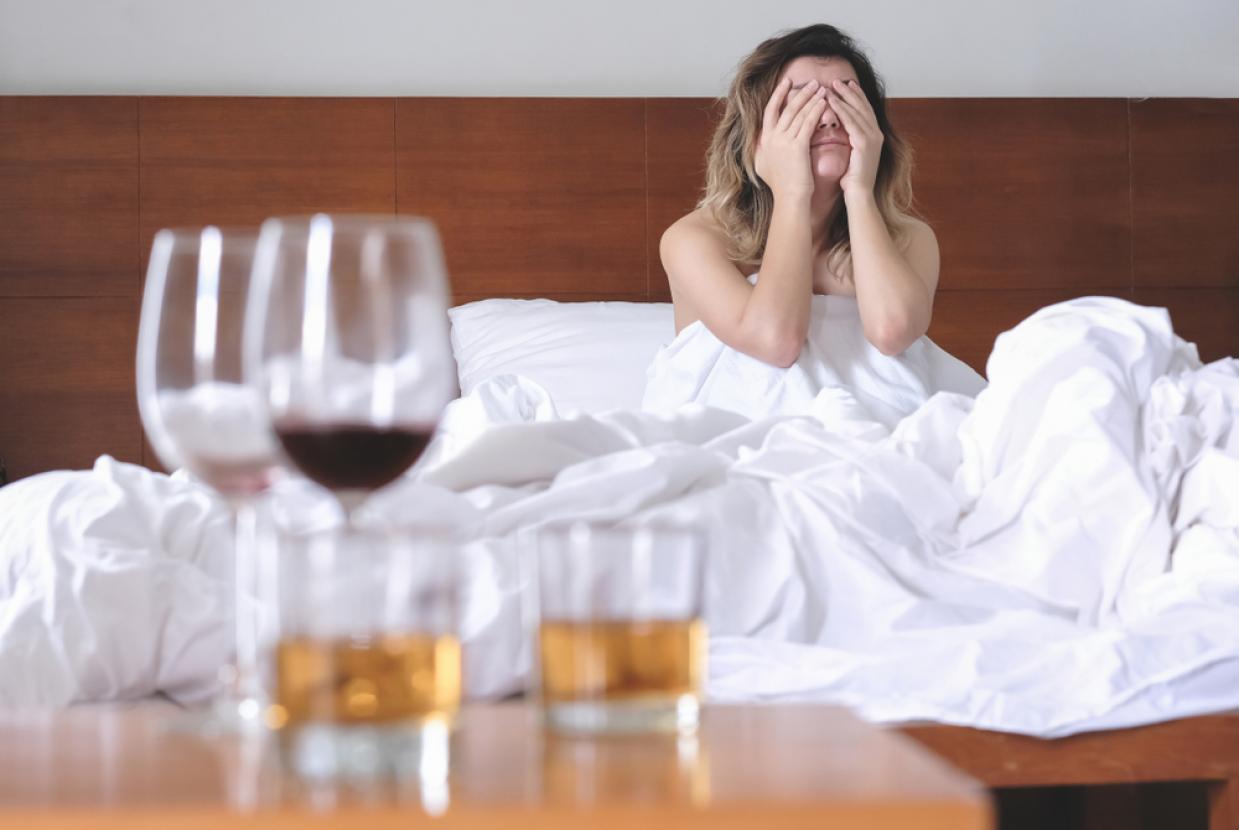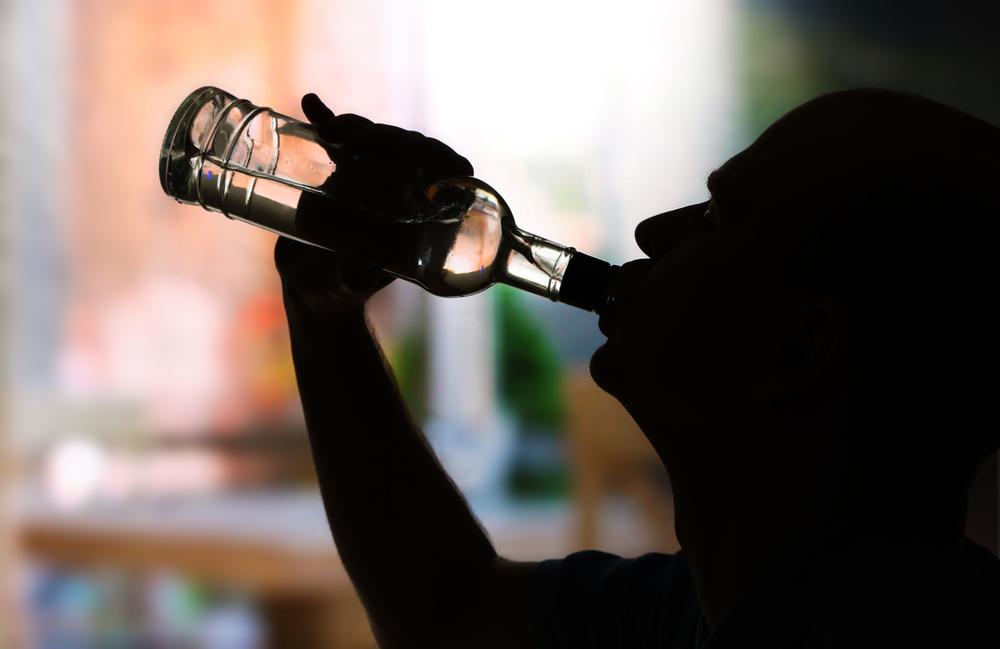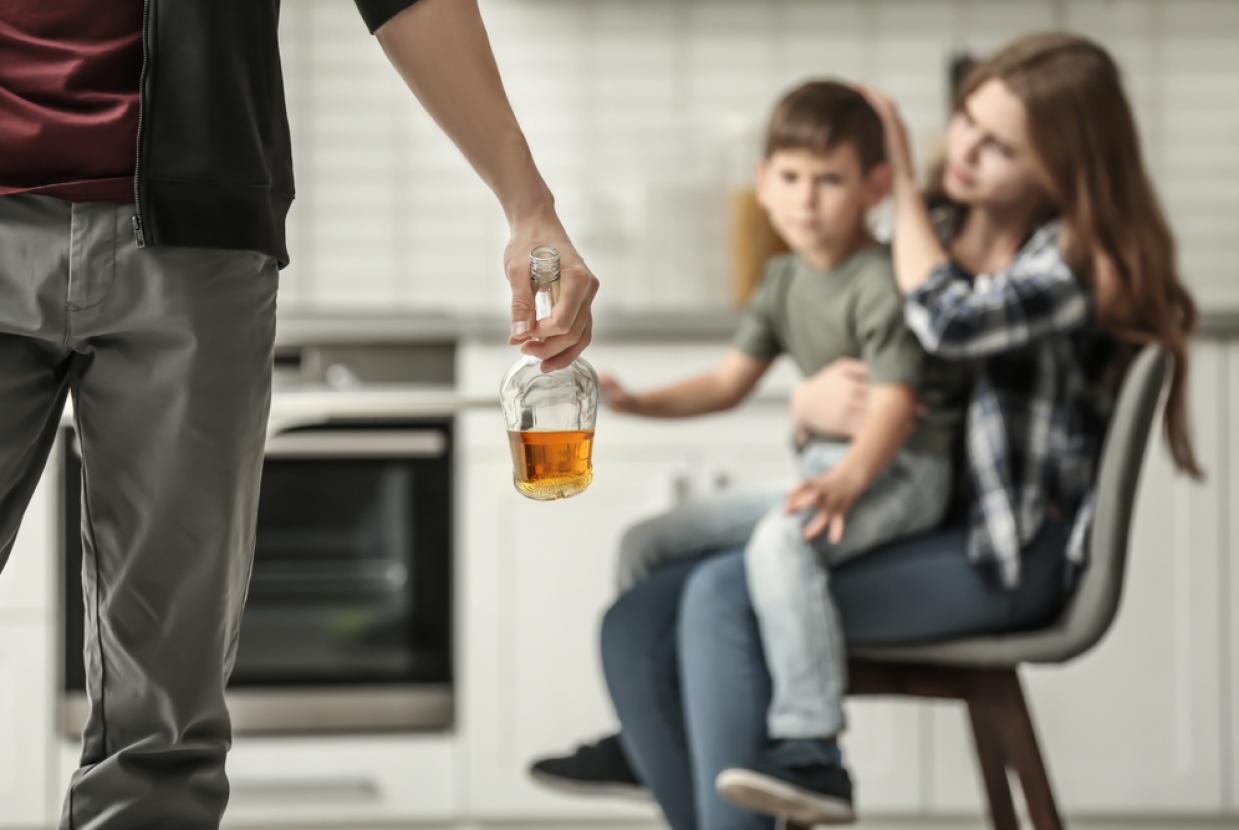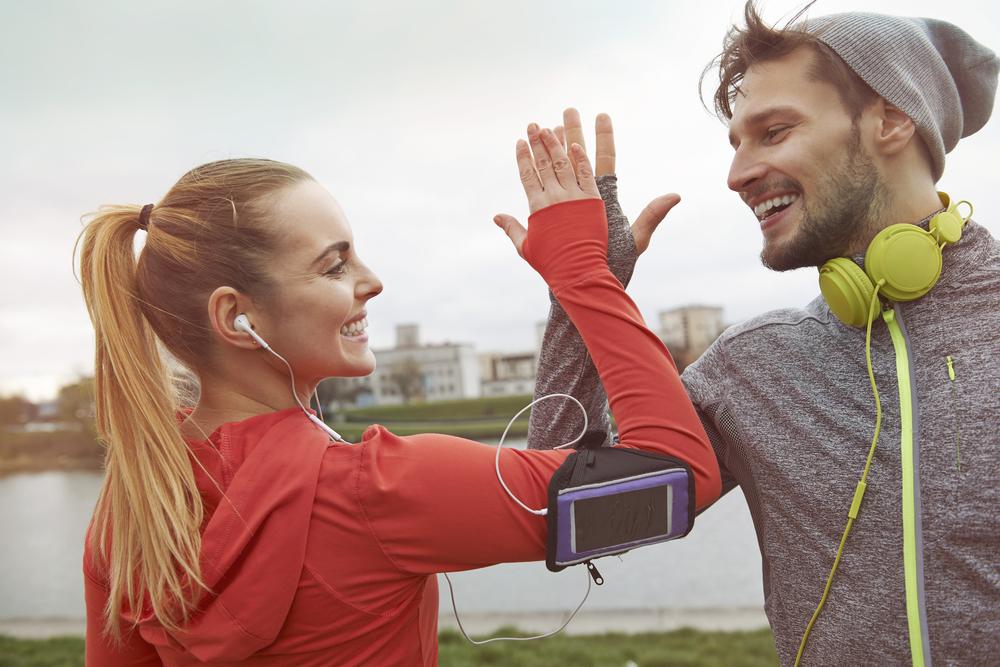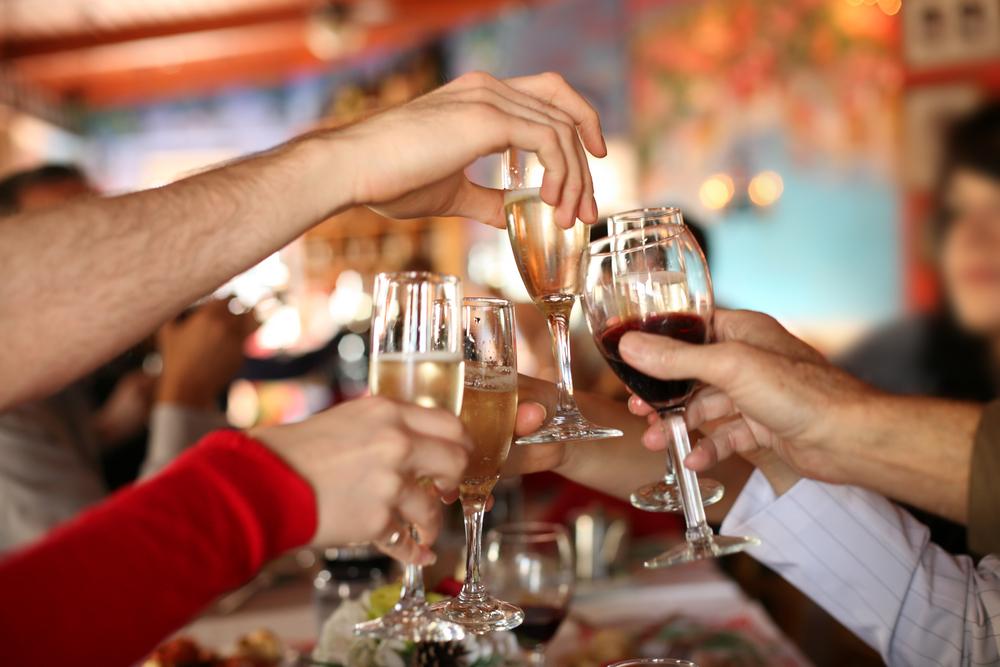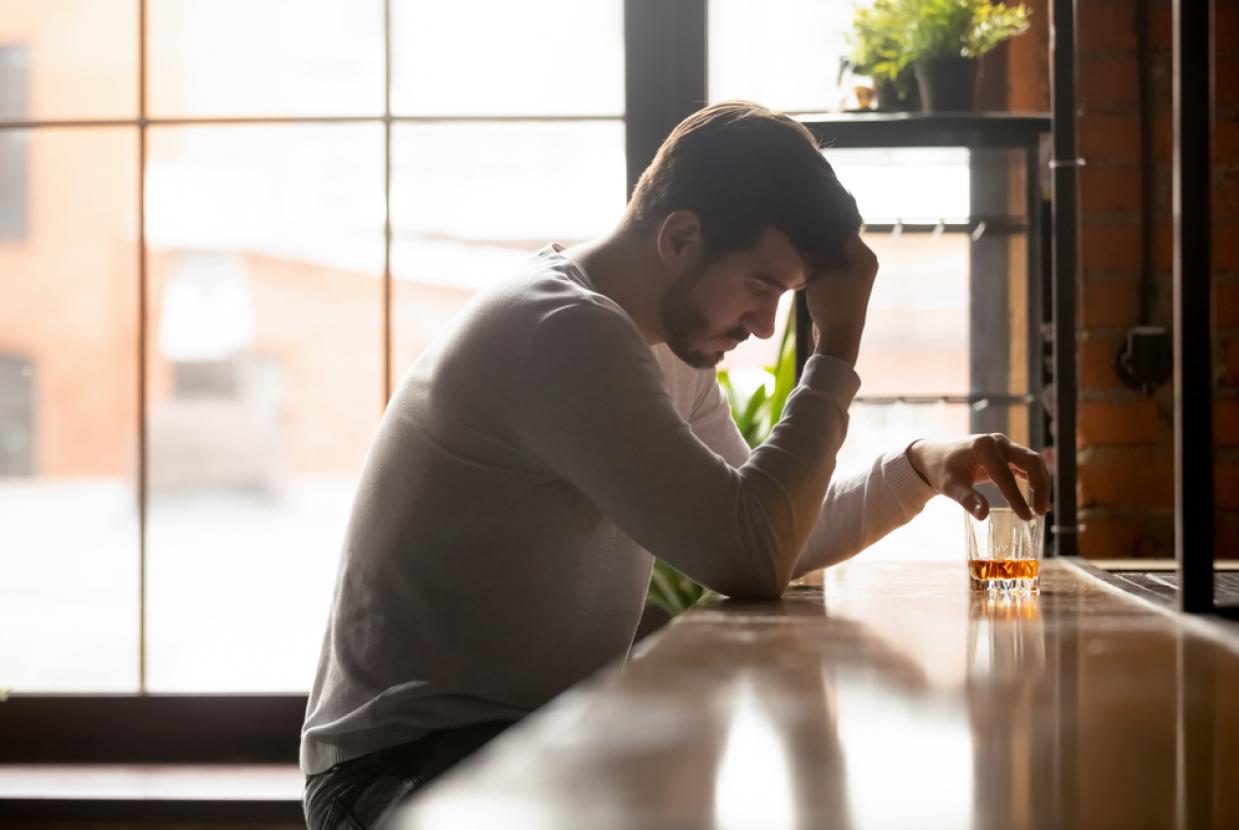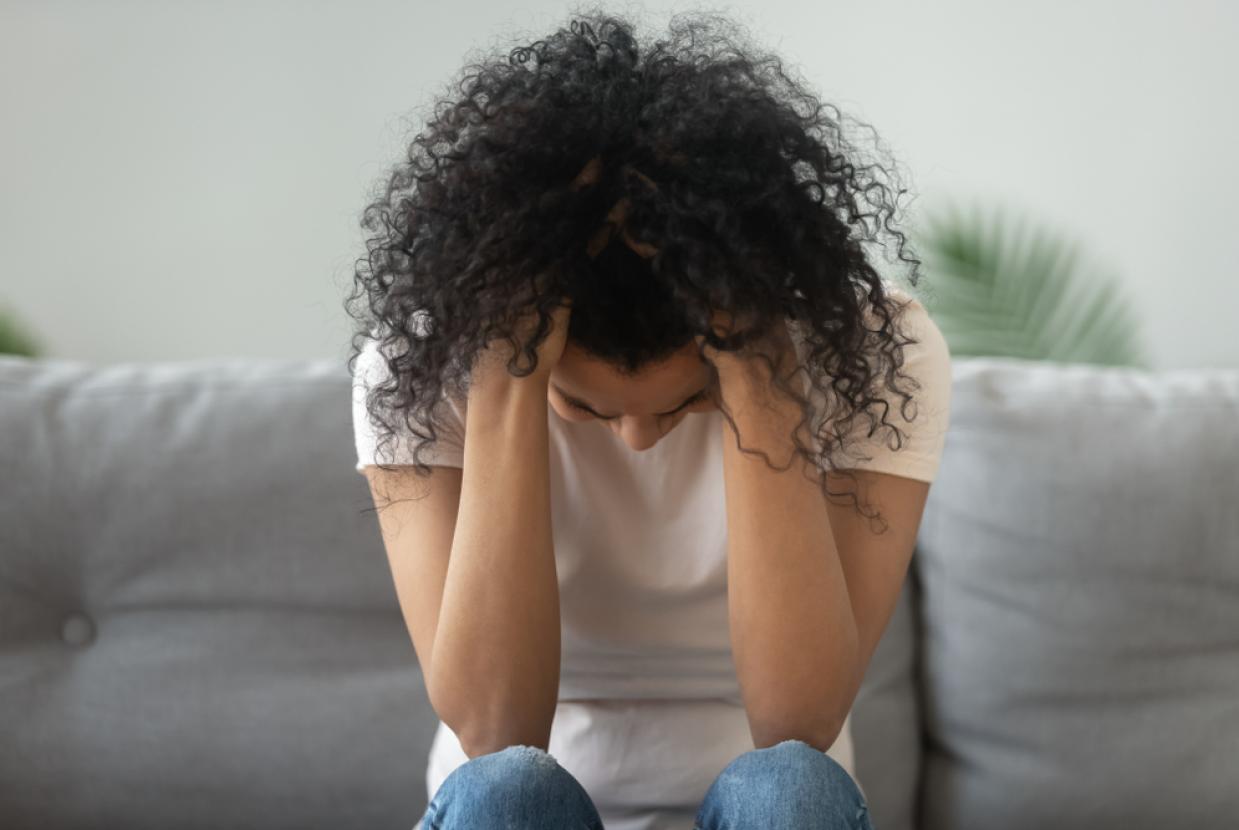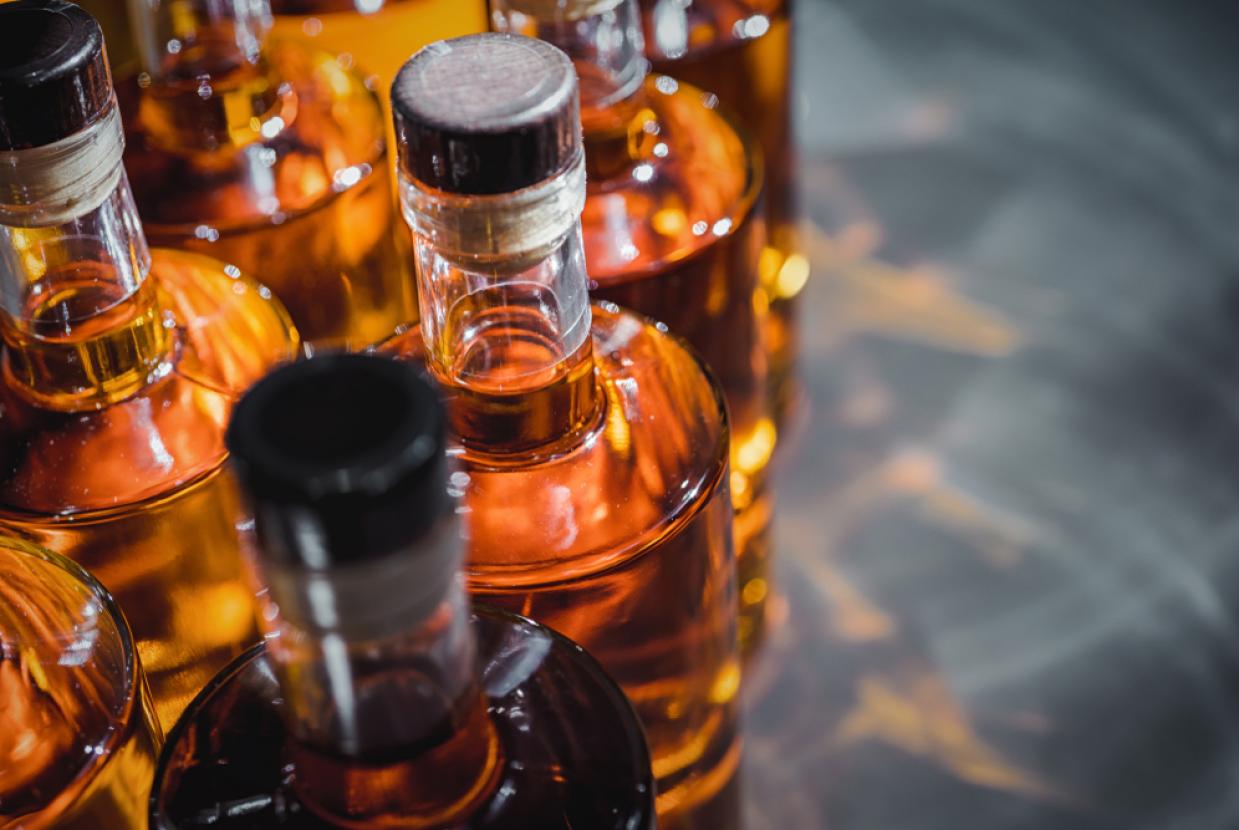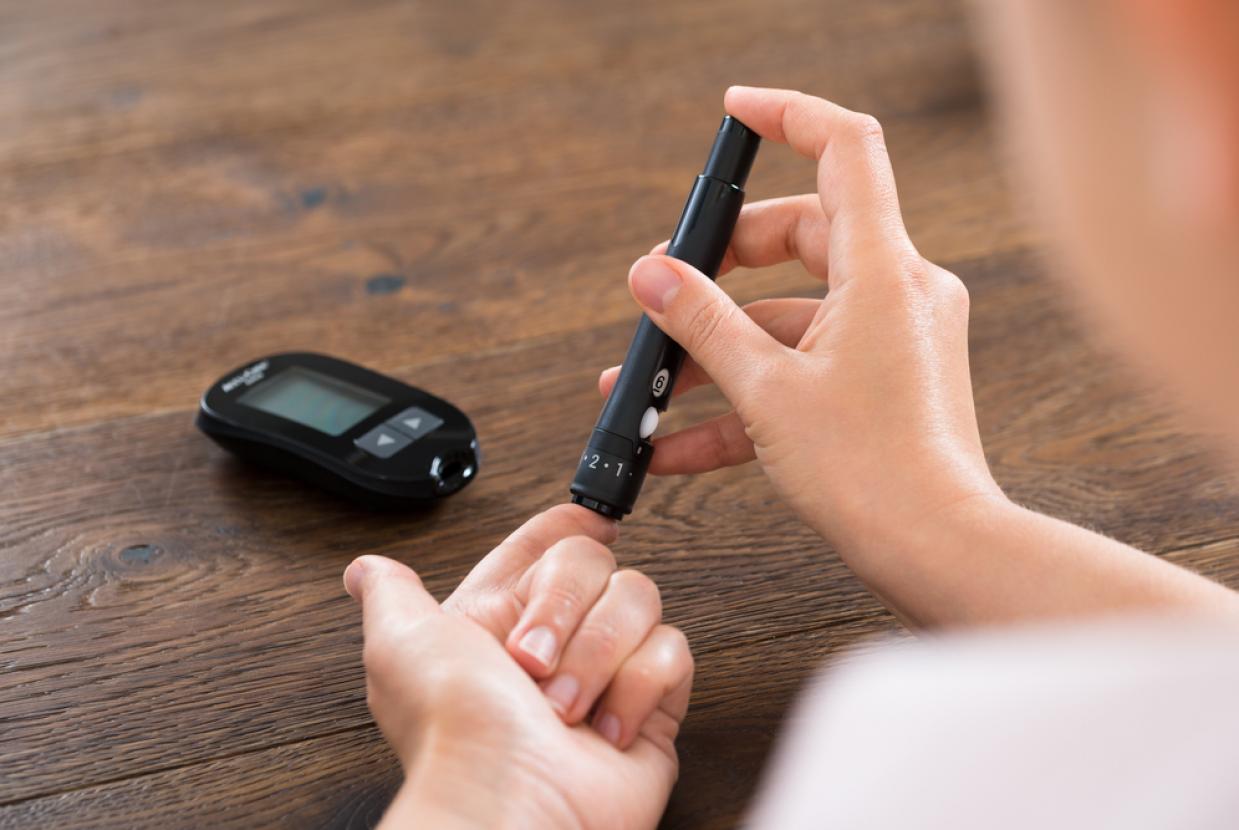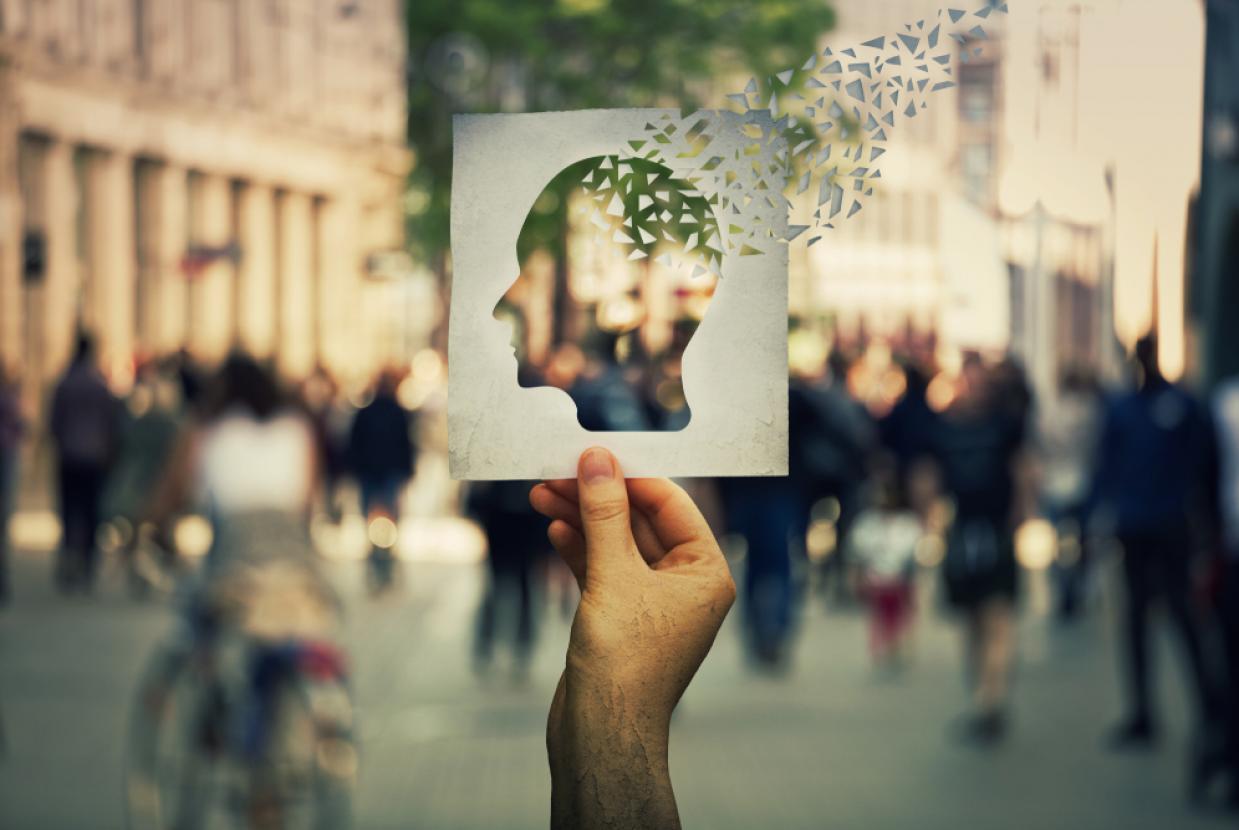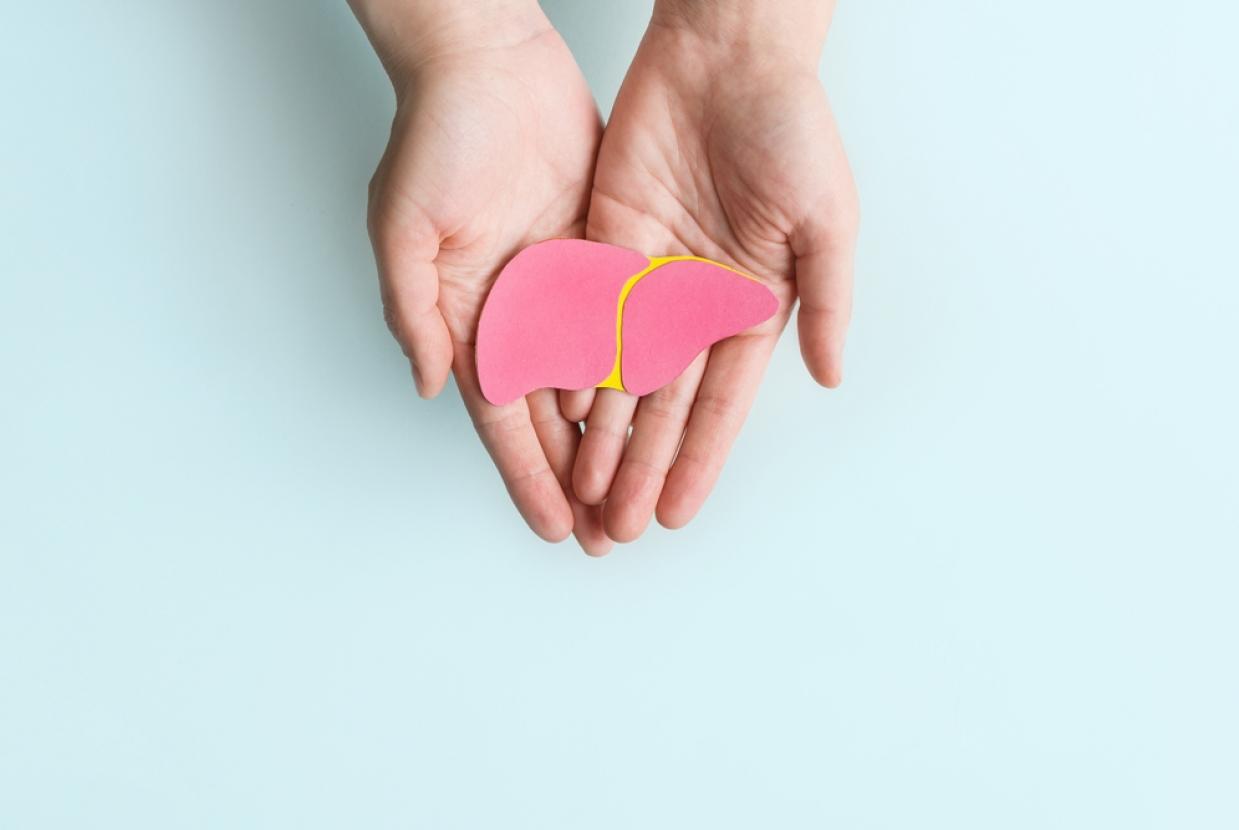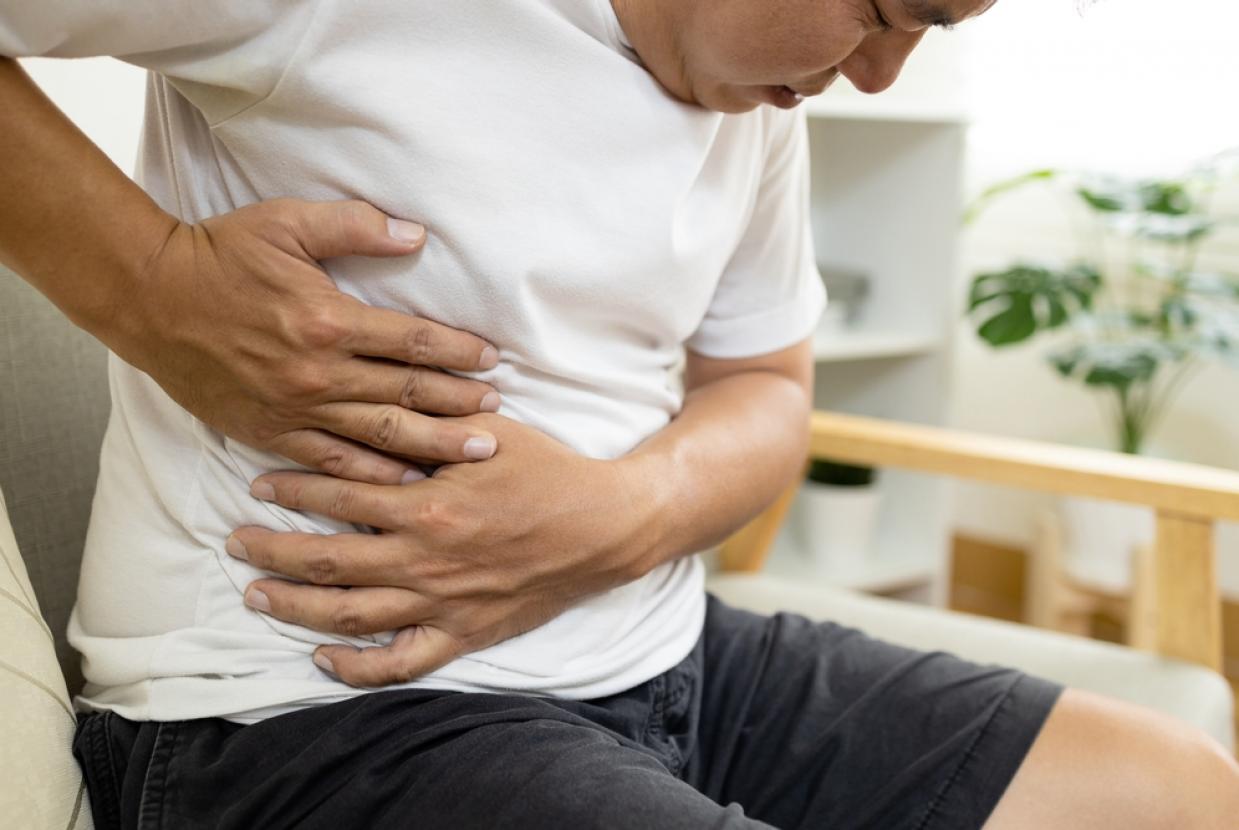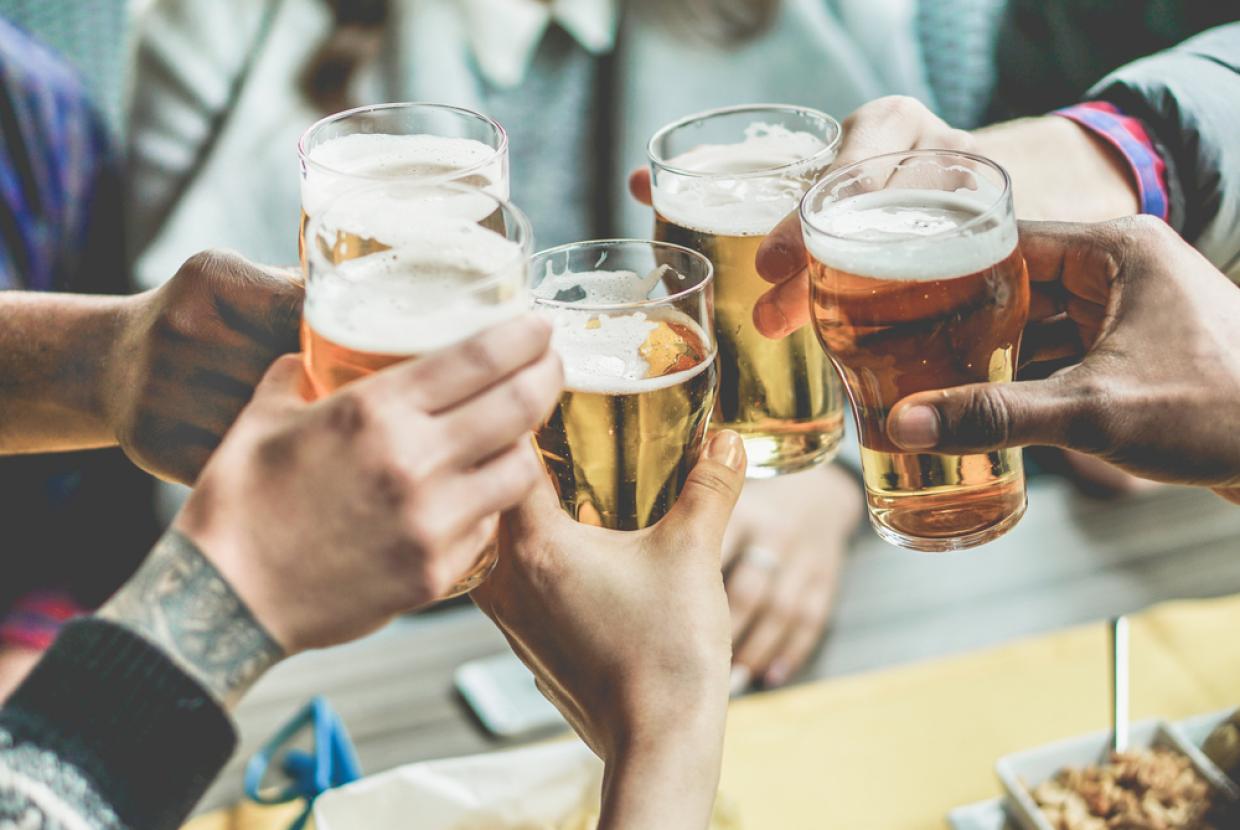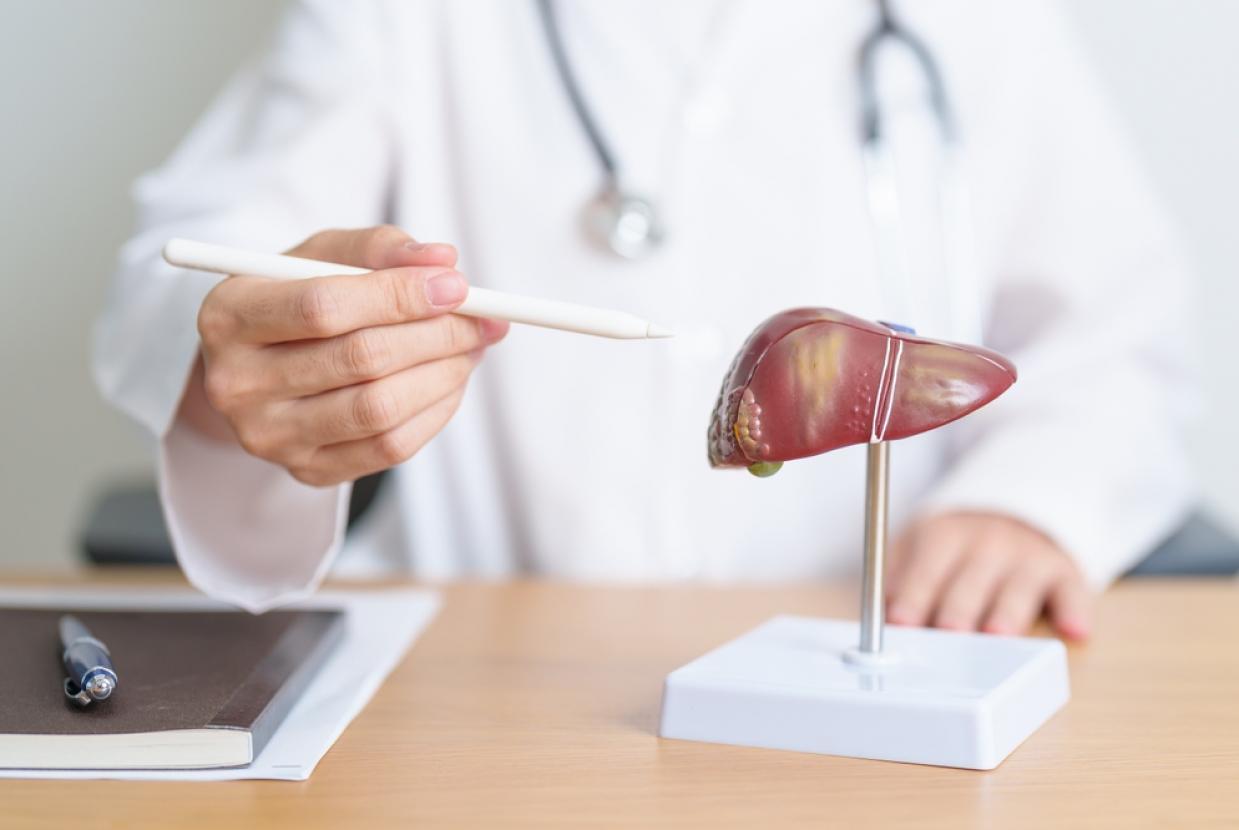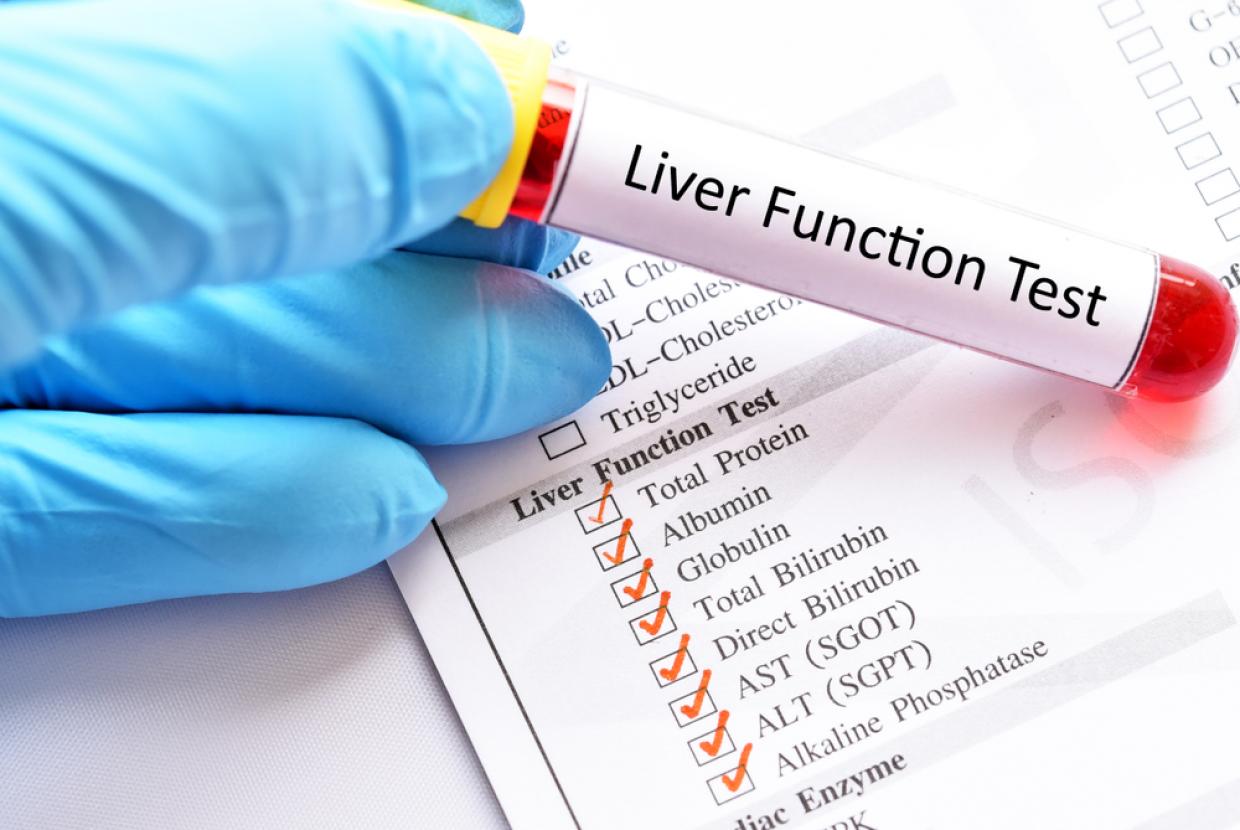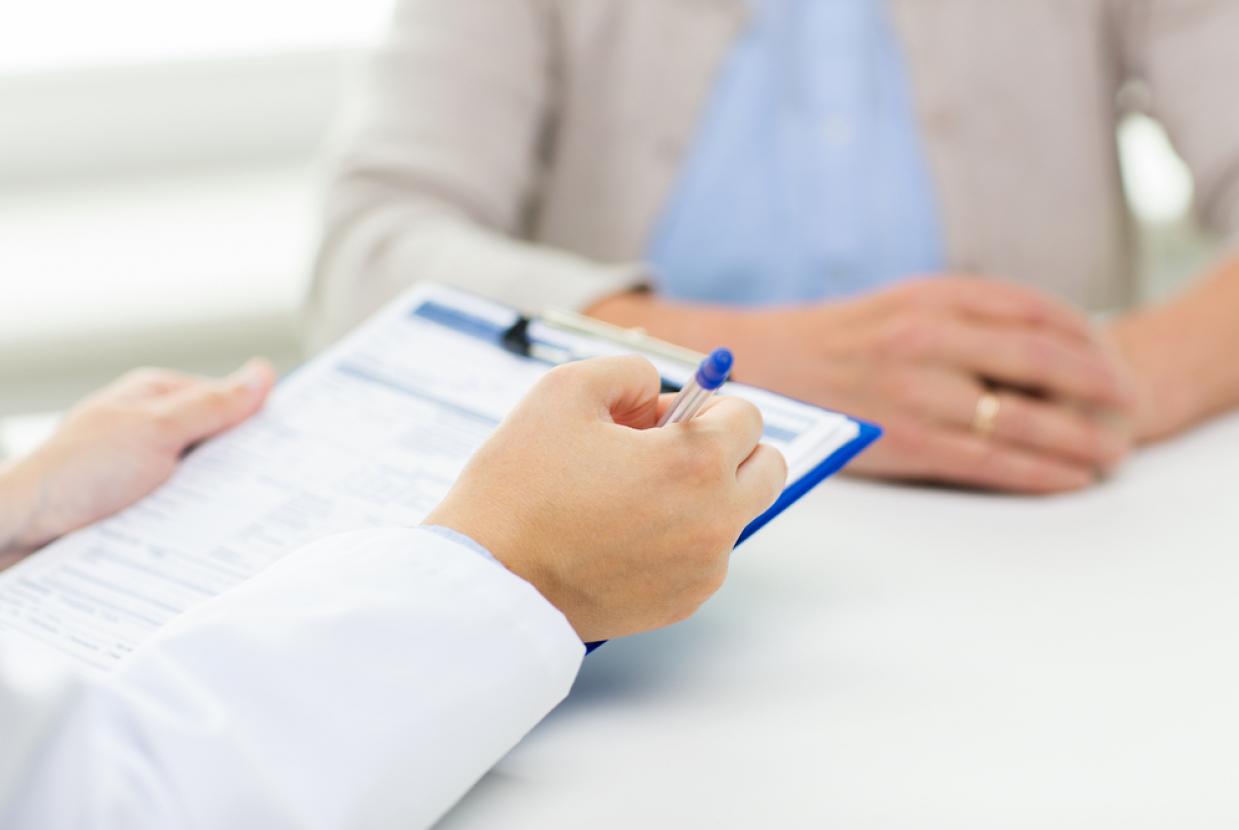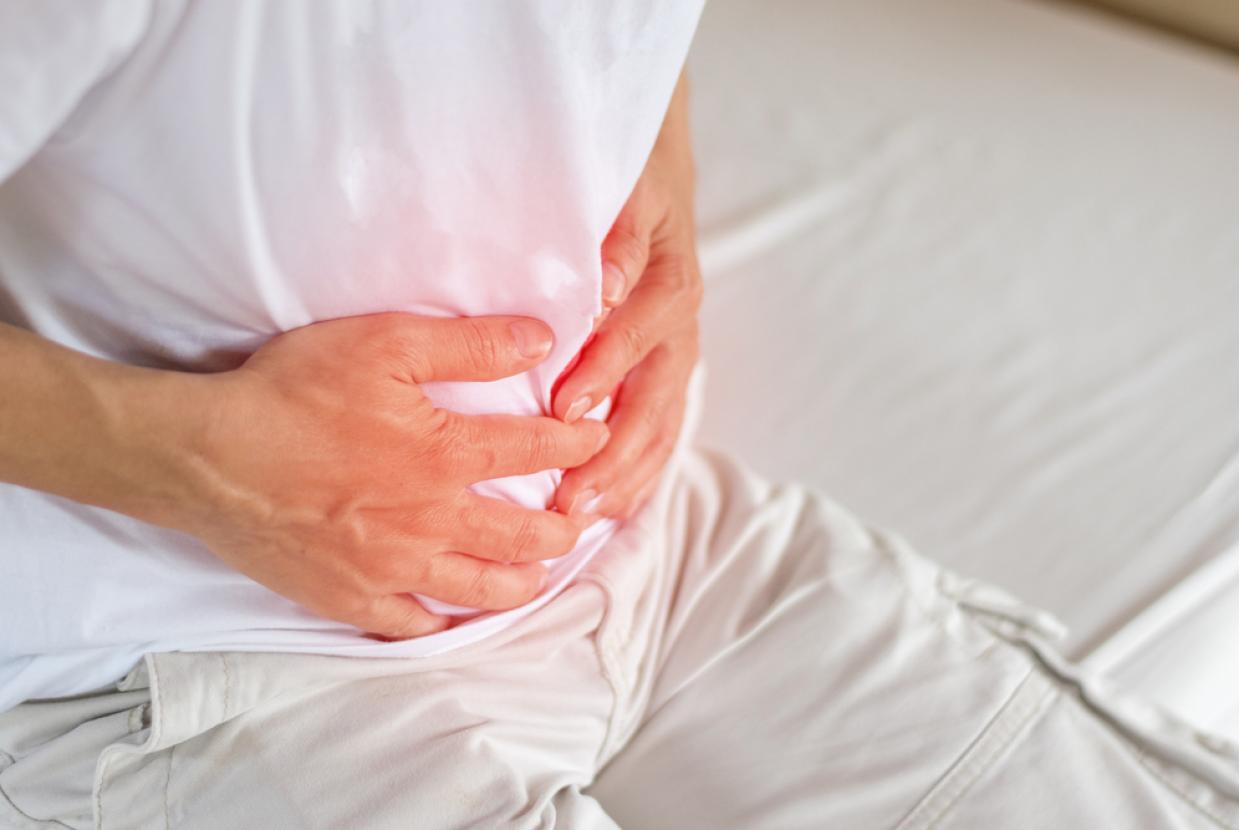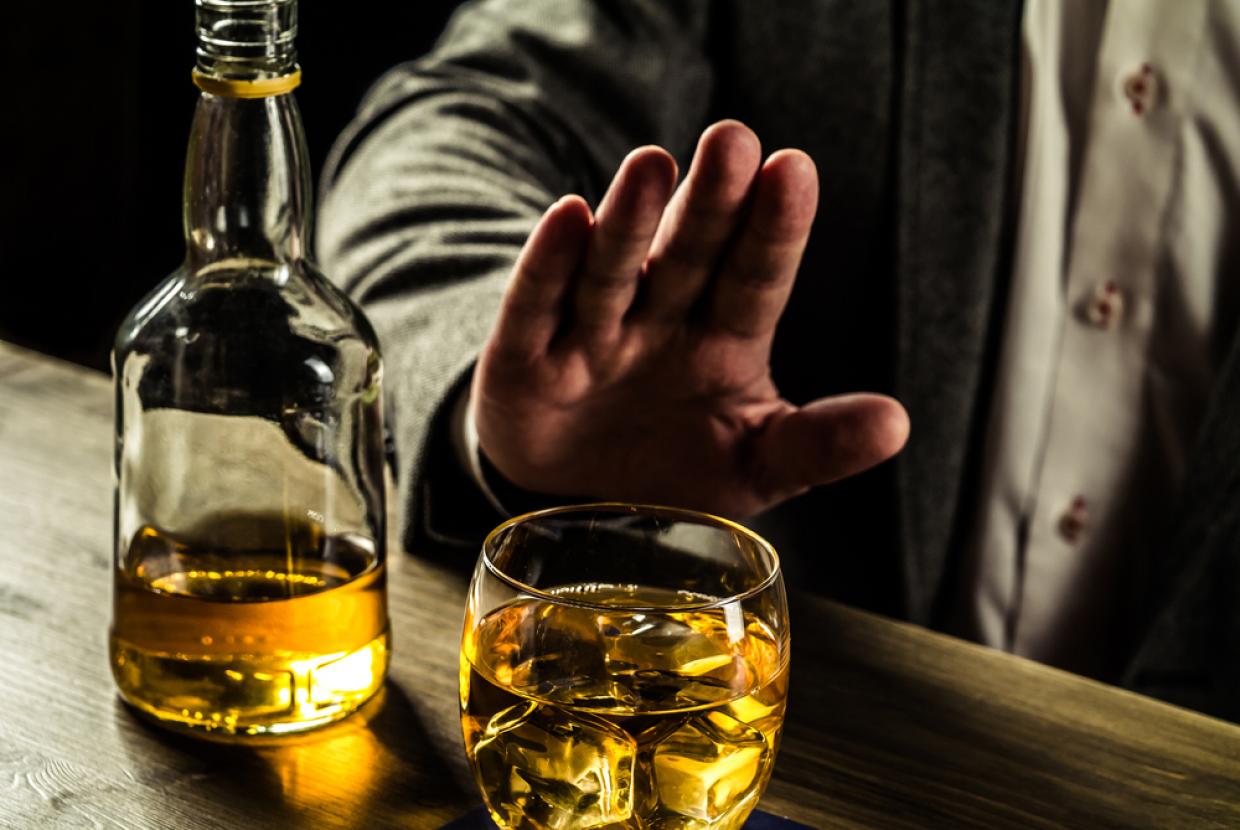Alcohol Awareness Week: Alcohol & Cancer
Alcohol GuidanceDrinking alcohol is a risk factor contributing to seven types of cancer. The more alcohol you drink, the greater the risk. This fact sheet explains how high these risks are, which types of cancer are more likely, how alcohol causes cancer, and gives you guidelines on how to keep your risk low.
Alcohol is a group 1 carcinogen, which means that there is enough evidence to show that alcohol causes cancer. Other group 1 carcinogens include UV radiation and tobacco smoke. Alcohol causes 3.3% of cancer cases in the UK, which is around 11,900 cases per year. To put this in context, tobacco smoking causes 15% of cancer cases in the UK.
The evidence shows that any amount of alcohol can increase the risk of cancer, but drinking 14 units a week or less will keep the risk low.
What types of cancer are caused by drinking?
For some cancers, any amount of alcohol increases the risk. For other types of cancer, the risk only increases after drinking two or three drinks per day – around 26 to 35 units per week. Any amount of alcohol increases the risk of:
- Mouth cancer
- Upper throat and voice box cancer
- Food pipe (oesophagus) cancer
- Breast cancer
Drinking two or more drinks per day (around 3.5 units) increases the risk of:
- Colorectal cancer
Drinking three or more drinks per day (around five units) increases the risk of:
- Stomach cancer
- Liver cancer
Alcohol increases the risk of these cancers by different amounts. If you were drinking every day, every 10 grams of pure alcohol (around one drink or 1.25 units) would increase the risk of these cancers by the following amounts, compared to if you were not drinking:
- Mouth and throat cancer by around 15%
- Oesophagus cancer by 25%
- Breast cancer by 7%
- Colorectal cancer by 7%
- Liver cancer by 4%
- Stomach cancer by 2%
To put these figures into context, a woman drinking between 14 and 35 units per week, has a 15% chance of developing breast cancer, compared to an 11% chance if she didn’t drink at all. Similarly, a man drinking up to 14 units per week has a 0.6% chance of developing colorectal cancer, which rises to an 11% chance if he drinks over 35 units per week.
Alcohol causes around 11,900 cases of cancer per year in the UK.
How many cases of cancer does alcohol cause?
Type of cancer | Percentage of diagnosed cancer cases in the UK in 2015 caused by alcohol | Number of diagnosed cancer cases in the UK in 2015 caused by alcohol. |
Liver | 7% | 402 |
Oesophagus | 13% | 1,197 |
Colorectal | 6% | 2,508 |
Mouth and throat | 25 - 30% | 3,015 – 3,618 |
Breast | 8% | 4,409 |
There is strong evidence that drinking up to two drinks per day can decrease the risk of kidney cancer. But remember, if you are drinking to decrease your risk of kidney cancer, you will still be increasing your risk of the other cancers listed above, as well as other alcohol-related conditions such as diabetes, hypertension and liver disease. Alcohol may also be linked to other cancers such as lung, pancreatic and skin cancer, but more research is needed before we can be certain.
If you currently drink a lot, reducing the amount you drink now will still decrease your risk of cancer compared to if you keep drinking at high levels.
Does it matter what I drink?
Any drink containing alcohol increases the risk of cancer. This includes beer, wine, spirits, cider and fermented milks. This is because it is the pure alcohol itself, ethanol, which causes cancer, not the other ingredients in these drinks. Stronger drinks, such as spirits, contain more pure alcohol than weaker drinks, such as beer, because they are more concentrated. So, if one person drank the same amount of spirits as another person drank beer, the person drinking spirits would be at a greater risk of developing cancer.
How does alcohol cause cancer?
The exact way that alcohol causes cancer is not fully understood. The current best evidence shows that acetaldehyde (a chemical produced when the body breaks down alcohol) is toxic and damages the DNA in our cells, which causes cancer.
Other explanations include:
- Alcohol directly damages cells it comes into contact with, for example in the mouth, throat and stomach, which makes it easier for other cancer-causing compounds, such as ones from tobacco or processed meats, to get into the cells and cause DNA damage.
- Drinking alcohol can lead to liver cirrhosis. This is when the liver is damaged over time and forms scarring. Having cirrhosis is known to increase the risk of liver cancer.
- If you drink high levels of alcohol you may not be getting enough nutrients in your diet, which has the knock-on effect of making you more susceptible to cancer.
How can I reduce my risk?
The evidence shows that any amount of alcohol can increase the risk of cancer, but drinking within the guidelines will keep the risk low. The UK guidelines recommend you drink no more than 14 units of alcohol per week, spread evenly over three or more days and with a few days off. Fourteen units is roughly equivalent to six pints of beer or one and a half bottles of wine.
If you currently drink a lot, reducing the amount you drink now will still decrease your risk of cancer, compared to if you keep drinking at high levels.
Smoking and drinking alcohol together makes the risk of cancer much higher than the risks would be if you did one or the other. For example, drinkers who also smoke have a 10 times greater risk of liver cancer than people who only drink.


